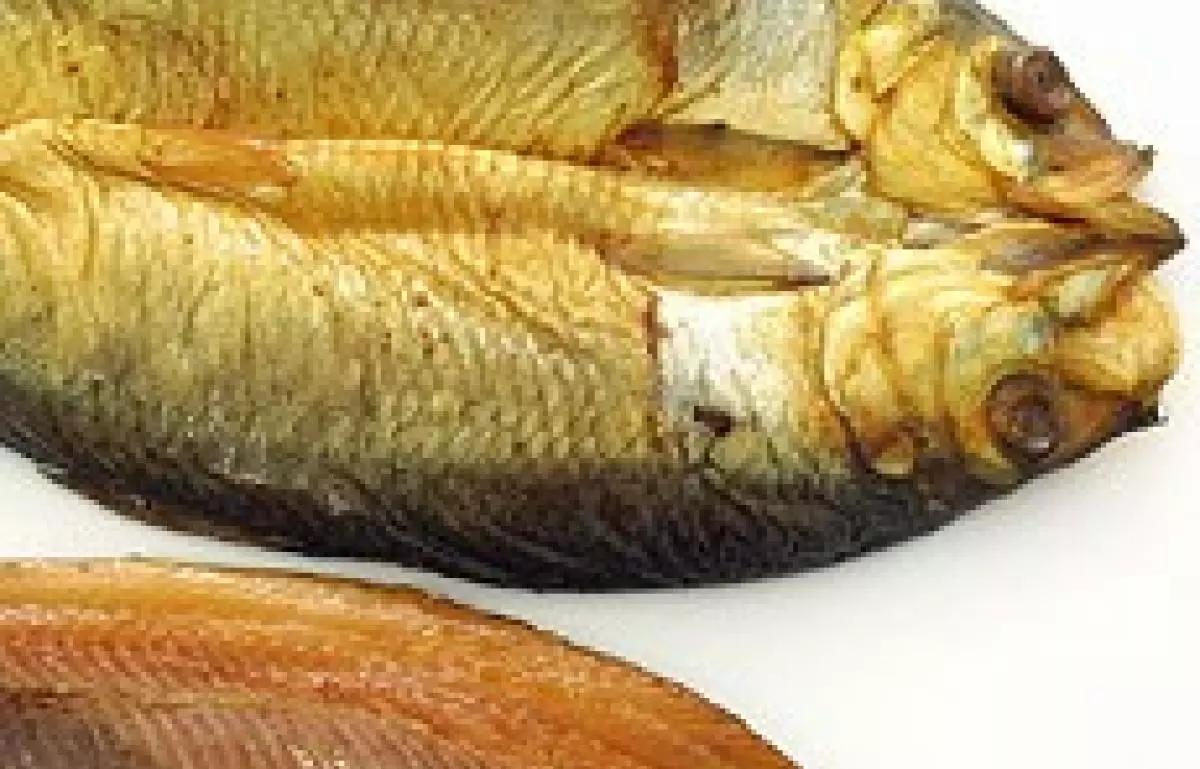Smoked kippers are a delicious and nutritious dish that can be enjoyed for breakfast, brunch, or any meal of the day. Whether you're a fan of the rich smoky flavor or want to try something new, cooking smoked kippers is a simple process that can be done in various ways. In this guide, we'll explore the best methods for cooking smoked kippers and provide tips to enhance the flavor and minimize any unwanted smells.
Grilled Kippers: A Luxurious Brunch Dish
One of the best ways to elevate smoked kippers is by grilling them. This method brings out the natural flavors of the fish and adds a smoky charred taste. To prepare grilled kippers, start by pre-heating your grill and lining the grill pan with foil. This will prevent any lingering smells from sticking to the pan.
Next, remove the heads and tails from the kippers with scissors and place the fish on the foil, skin side up. Brush the flesh with melted butter and grill for about 4-5 minutes until the butter is sizzling and the kippers are cooked through. Serve immediately with a squeeze of lemon juice and a dash of cayenne for added flavor.
If you prefer boneless fillets, you can also use kipper fillets for grilling. Simply follow the same steps, treating the fillets in the same way as whole kippers.

Jugged Kippers: A Traditional and Convenient Cooking Method
Another popular method for cooking smoked kippers is jugging. This traditional technique involves folding the sides of the fish together and packing them vertically in a tall warmed jug. Pour enough boiling water to cover the kippers, place a lid or plate on top of the jug, and let them sit in a warm place for about 6 minutes.
After the kippers have been jugged, drain and dry them with kitchen paper. Serve them on hot plates with a knob of butter to melt over each fish. Jugging kippers is a convenient way to cook them, as it requires minimal preparation and the fish retains its natural moisture and flavor.
Tips for Cooking Kippers without Unpleasant Smells
One concern many people have when cooking smoked kippers is the potential for lingering smells. However, there are ways to minimize any unwanted odors while still enjoying this delicious dish.
If you're using the grilling method, lining the grill pan with foil and brushing it with melted butter will help prevent any kippery smells from sticking to the pan. Additionally, grilling the kippers on a barbecue outdoors can eliminate any lingering smells altogether, allowing you to enjoy the smoky flavors in the open air.
For those who prefer to cook kippers without using the grill, baking them in a hot oven is another option. However, it's important to line the baking tray with foil to avoid any fishy flavors from permeating the tray.
about Cooking Smoked Kippers
- What are kippers? Kippers are fat, juicy herrings that have been split, gutted, salted, and smoked. They have a sweet, succulent, and smoky flesh.
- Why are most kippers under-cured and dyed? Since World War II, most kippers have been under-cured to meet weight requirements. They are also often dyed to compensate for their under-cured appearance.
- Where can I find undyed kippers? Undyed kippers are still available from parts of Scotland and the Isle of Man, but they are mainly found in the north-west.
Now that you know the best methods for cooking smoked kippers and how to minimize any unwanted smells, you can confidently enjoy this flavorful and nutritious dish. Whether you choose to grill or jug your kippers, the result will be a delicious meal that can be enjoyed any time of the day.
If you want to know other articles similar to Best methods for cooking smoked kippers: a complete guide you can visit the Cooking category.


Related Articles